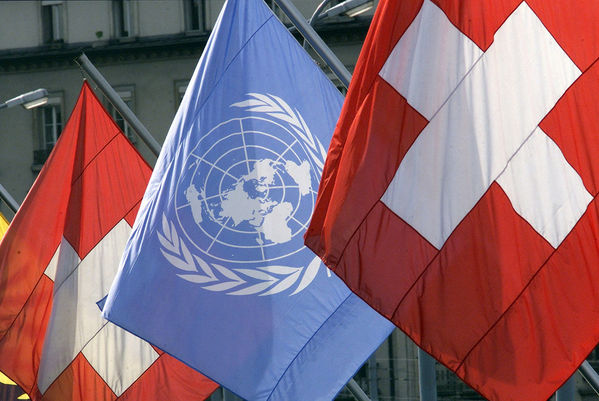On 9 December 2022, the Committee Against Torture (CAT) adopted a decision on B.T.M. v. Switzerland (application no. 972/2019). The case concerned a human rights defender from Zimbabwe who applied for international protection in Switzerland and complained that return to his country of origin would expose him to a real risk of torture or ill-treatment, in violation of Articles 3 and 16 of the Convention against Torture and Other Cruel, Inhuman or Degrading Treatment or Punishment.
The State Party alleged that the applicant had not exhausted the domestic remedies, referring to an appeal request of the re-examination decision and the complaint is inadmissible. The Committee observed that this appeal cannot be considered an effective remedy as the suspensive effect is not automatic and that the applicant had previously resorted to the court that would be considering this appeal but did not receive a motivated decision. Additionally, the applicant was facing a precarious financial situation and could not afford the costs of the procedure. For these reasons, the CAT admitted the application.
In regard to the alleged violation of the Convention, the Committee referred to its General Comment no. 4 to underline that the obligation of non-refoulement exists when there are substantial grounds of the risk that a person will be subjected to torture in case of return and this risk is “foreseeable, personal, present and real”. The CAT reiterated that if applicants are unable to provide evidence for substantiated reasons, the burden would shift to the state to investigate and verify the information provided.
In the present case, the Committee pointed out the procedural flaws as the Swiss authorities and national courts would have failed to verify the authenticity of the documents provided by the applicant, especially as that was the main reason for the rejection. Furthermore, the CAT highlighted that the right to an effective remedy requires an effective, independent and impartial examination of the expulsion or return decision. In the Committee’s view, Switzerland failed to allow the applicant to prove the risks he would face in case of return and the administrative court only gave a preliminary and brief assessment of the evidence without examining the veracity of the documents.
Based on the above reasons, the Committee Against Torture concluded that the absence of an effective, independent and impartial examination of the administrative decision to return the applicant breaches the procedural obligations enshrined in Article 3 of the Convention. The Committee further ruled that the return of the applicant to his country of origin would also constitute a violation of Article 3 of the Convention Against Torture and that the State party is under an obligation to re-examine the applicant’s appeal.
Based on an unofficial translation from within the EWLU team.
We would like to thank Boris Wijkström, from Centre Suisse pour la Défense des Droits des Migrants (CSDM), for bringing this case to our attention.

